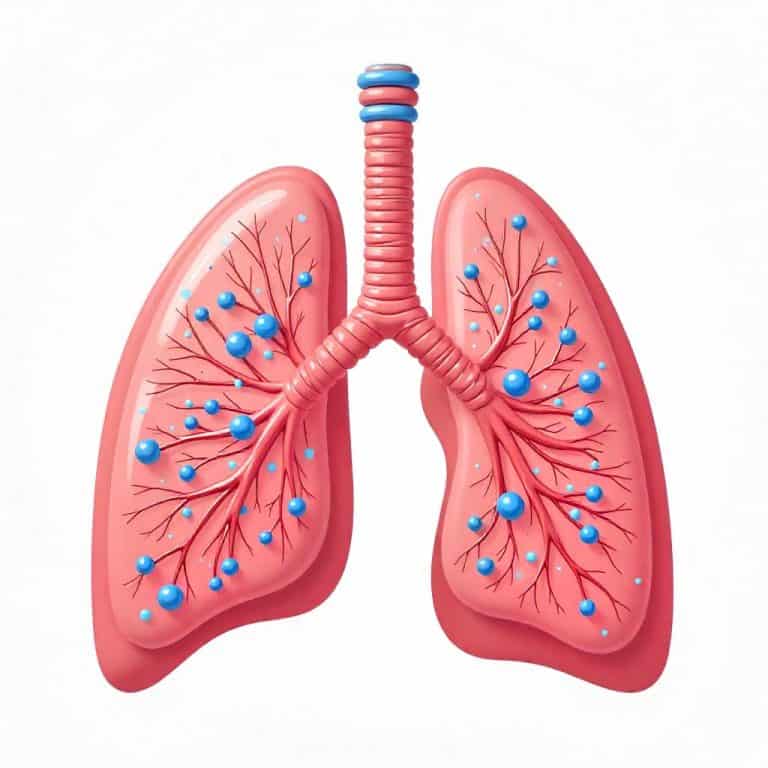Welcome to our online alveoli quiz! Alveoli are tiny air sacs in the lungs where oxygen is taken in and carbon dioxide is released. They are crucial for the process of breathing and getting oxygen into our bloodstream.
During this quiz, you will learn all about the importance of alveoli and how they help us breathe. You will discover fun facts about these amazing little sacs and test your knowledge with some interactive questions.
So, get ready to dive into the world of alveoli and see just how much you know about these essential parts of our respiratory system!
Play Alveoli Quiz
Instructions
- This quiz is multiple choice.
- Read each question carefully before selecting an answer.
- Choose the best answer for each question.
- You will see the missed questions with correct answers at the end of the quiz.
Quick Facts
- Alveoli are tiny air sacs in the lungs where oxygen and carbon dioxide are exchanged.
- There are millions of alveoli in the lungs, making up a large surface area for gas exchange.
- Each alveolus is surrounded by a network of blood vessels, allowing for efficient gas exchange.
- The walls are very thin, allowing oxygen to easily pass into the bloodstream.
- Carbon dioxide, a waste product of metabolism, is removed from the body through this useful part of the body.
- Smoking can damage them, leading to conditions like emphysema and chronic bronchitis.
- These play a crucial role in maintaining the body’s acid-base balance by removing excess carbon dioxide.
- They are essential for proper lung function and overall respiratory health.
- They have a unique structure that helps maximize the diffusion of gases during breathing.
- Damage to the alveoli can impair the body’s ability to oxygenate the blood and remove waste gases.
Downloads
No downloads found
Study Tips
- Create a study schedule and stick to it.
- Find a quiet and comfortable study environment.
- Remove distractions such as phones and social media.
- Take breaks every 25-30 minutes to avoid burnout.
- Use active studying techniques like summarizing, highlighting, and teaching concepts to someone else.
- Practice retrieval by testing yourself with flashcards or practice quizzes.
- Stay organized with notes, study guides, and resources.
- Stay hydrated and eat brain-boosting foods like fruits, nuts, and whole grains.
- Get enough sleep to improve memory retention and cognitive function.
- Reward yourself for reaching study goals to stay motivated.
